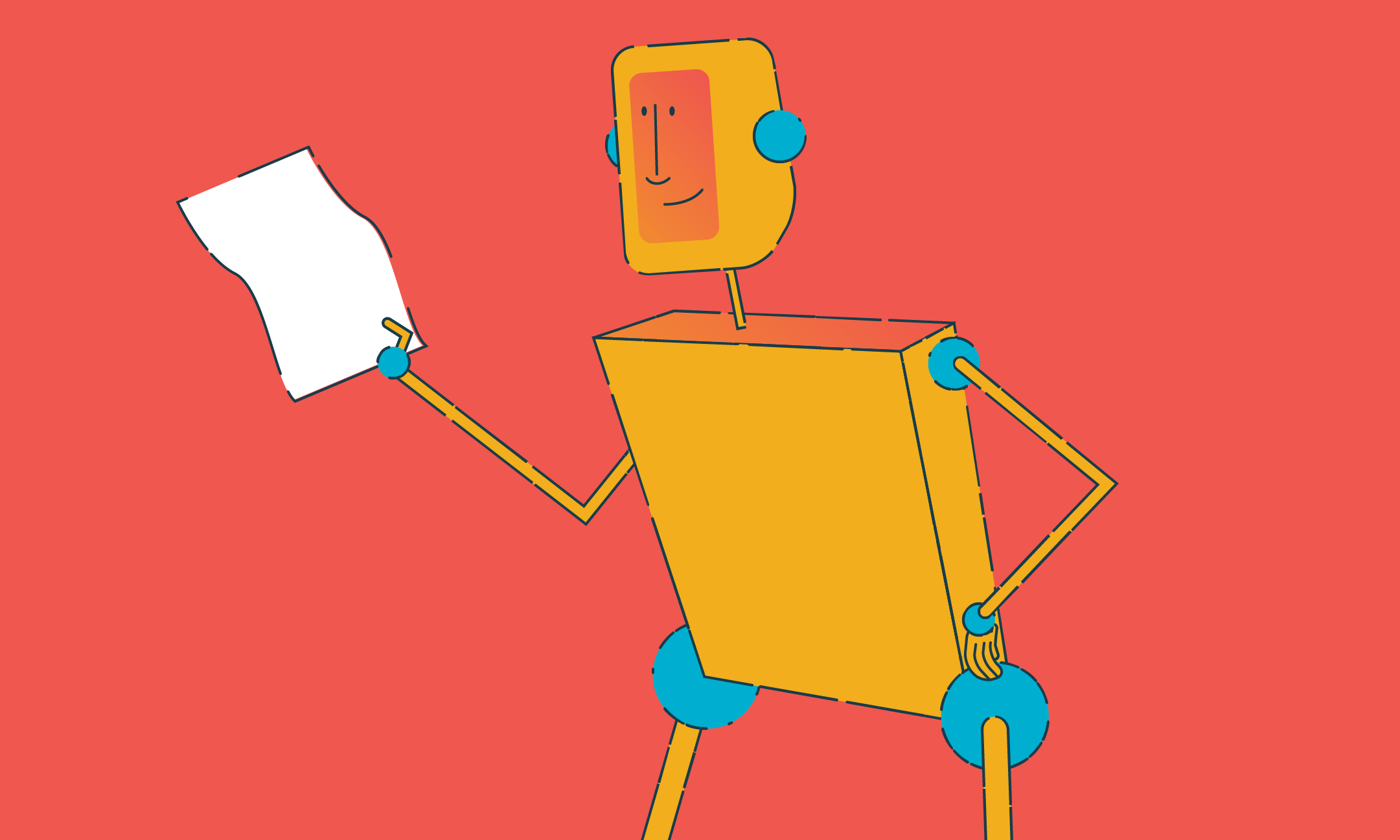HR departments around the world are ready to start embracing AI. In the Harvey Nash HR Survey 2018, 72% of HR professionals surveyed believe AI will have an impact on workforce planning over the next five years.
But with all of the buzz surrounding AI, is the potential impact it’s ready to offer being overstated? While it’s clear AI will soon make a recruiter’s rudimentary tasks much easier, don’t expect software-based miracles to happen overnight.
Drawing from some of the top voices in the HR tech and recruiting spaces, here’s a look at what recruiters should expect from the future of AI.
Expect AI to improve the candidate experience
It might seem impersonal, but Meghan Biro at Talent Culture points to autonomous candidate interactions as having a positive impact on the overall candidate experience. In an interview for Talent Culture’s #WorkTrends podcast, she spoke with Ben Eubanks, author of the forthcoming book “Artificial Intelligence for HR,” about chatbots making candidates feel like they’re being listened to:
“Candidates seem to be appreciative of any chance to break through the often-opaque job-search process and have a chance to have their voices heard — even if it’s by a piece of software… Candidates often go through a dialogue with a bot about their desired positions, submit their resume, then say ‘thank you’ before signing off.”
Considering the candidate experience is one of the most crucial indicators of whether or not a candidate will accept a job, a tool that makes candidates feel appreciated by your organization — even if it’s not by an actual person — can leave a positive impression.
Don’t expect AI to replace the human touch
Ben Martinez at Fistful of Talent echoes the belief that AI will streamline a recruiter’s daily workflow while cautioning it’s not a replacement for the human touch:
“How do you replace empathy or contextual understanding with AI? Seems like a stretch to me. AI can do the mundane and boring work most people don’t like so they can focus on more interesting tasks, like building relationships with hiring managers over good coffee and helping them solve big problems.”
Even though AI is ready to help recruiters find and engage today’s talent, it’s not meant to take the place of personal interactions. As a tool that makes recruiters’ lives easier, AI will help take care of the grunt work and free up more time to engage directly with candidates, hiring managers and others.
Expect AI to enhance a recruiter’s workflow
Pamela Harding of Workology is confident about the prospects of AI enhancing many of a recruiter’s daily administrative tasks:
“ML enables us to streamline and automate sourcing activities by being able to analyze millions of resumes or bios to identify potential candidates that recruiters then can hone in on. It’s much more sophisticated than the keyword function of early applicant tracking systems and results in a much higher rate of success. Other tools that are being used to reduce the low-value (but necessary) recruiting tasks are scheduling interviews, screening candidates, keeping stakeholders informed about the process, and conducting background checks.”
Rather than spending countless hours scheduling interview after interview, AI-enhanced talent acquisition software will make it possible to complete these tasks quickly and move on to higher value priorities.
Don’t expect AI to always do the right thing
Josh Bersin, founder of Bersin by Deloitte, highlights the risk of building AI models that use incomplete training data:
“If your current management practices are biased, discriminatory, punitive, or overly hierarchical, you may just wind up institutionalizing all the things you hate… Suppose your company has never hired women in engineering and has very few African American engineers. The AI recruitment system would naturally conclude that women and black engineers are less likely to move into management. This type of bias has to be carefully removed from the algorithms, and it will take time to do this well.”
With poor data, AI can end up drawing the wrong conclusion. To correct this possibility, Bersin suggests adding additional levels of transparency into AI applications in order to understand its decision-making criteria. Being able to fine-tune AI algorithms will be an essential skill in eliminating potential blind spots or bias.


